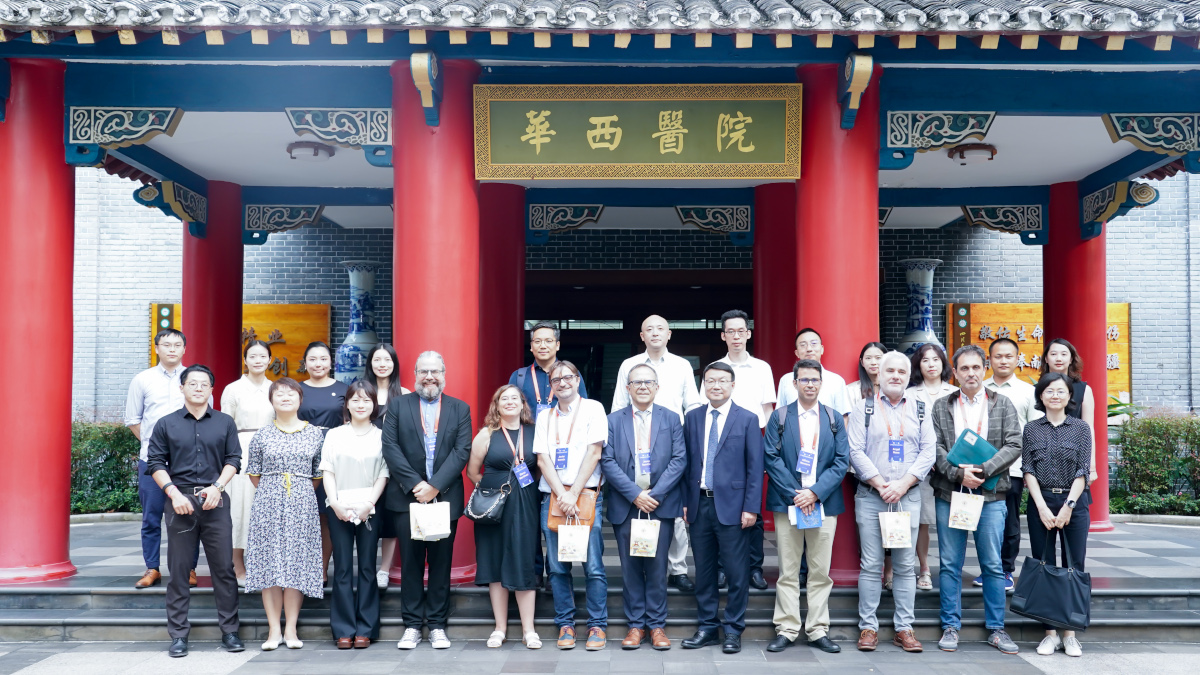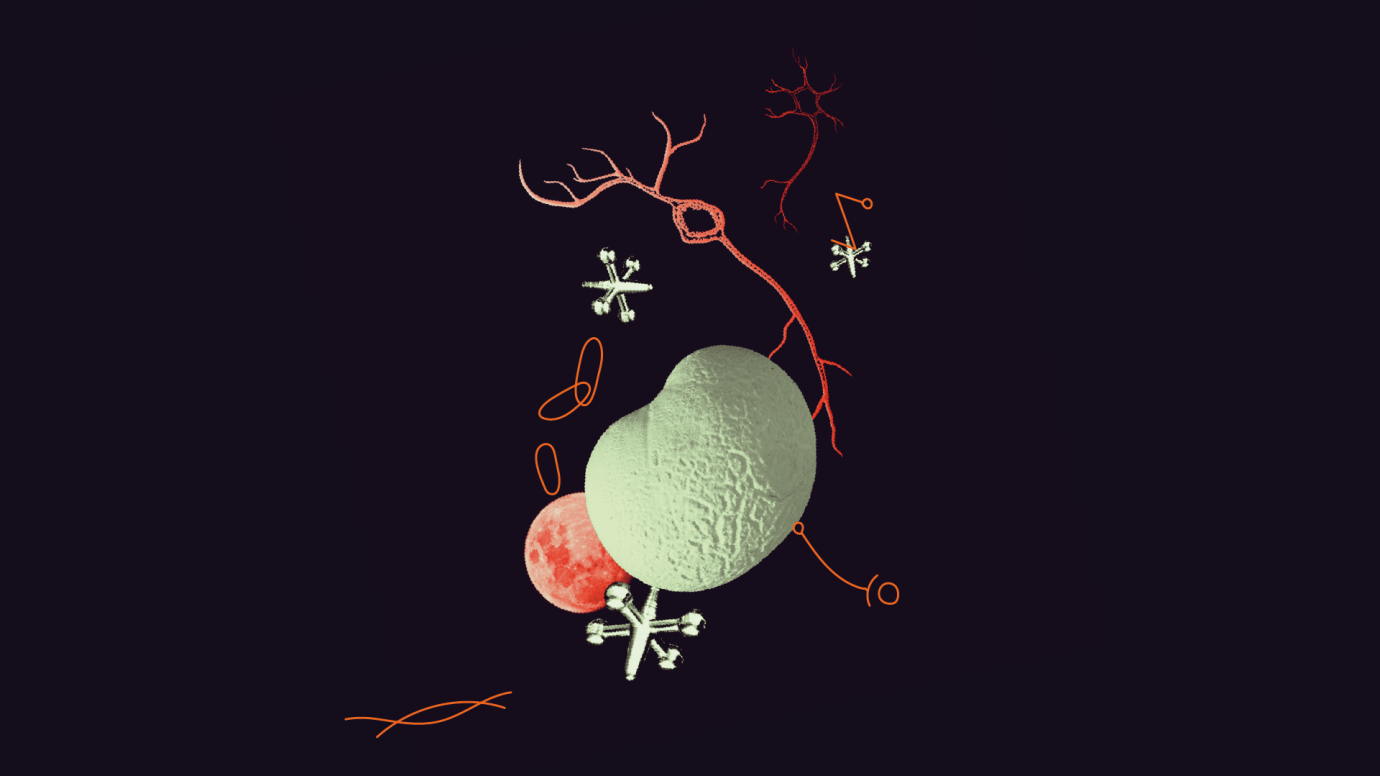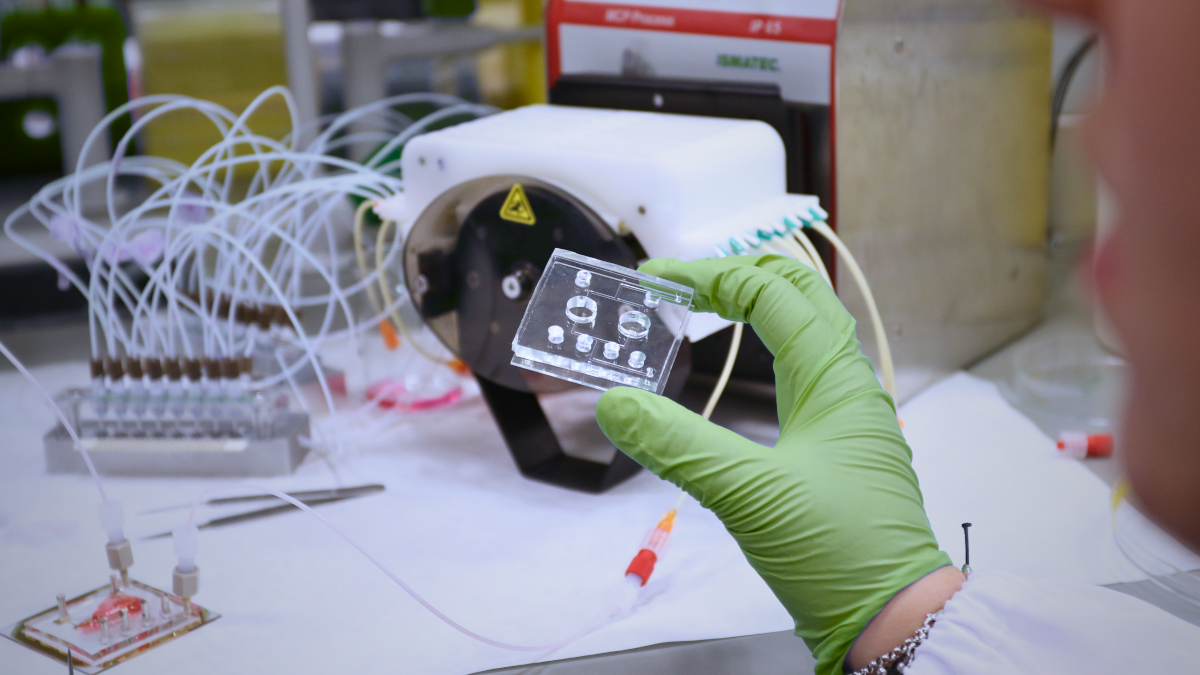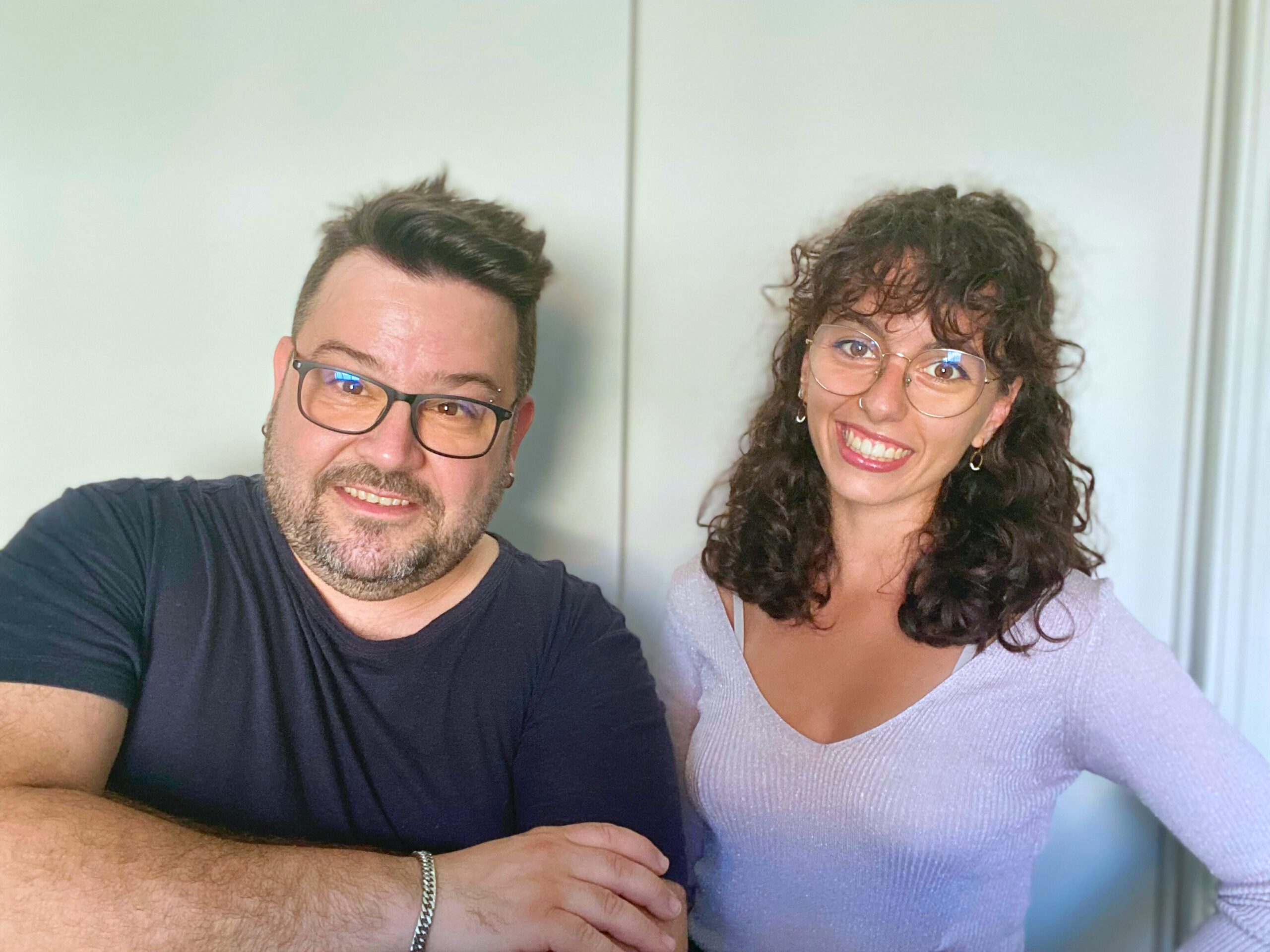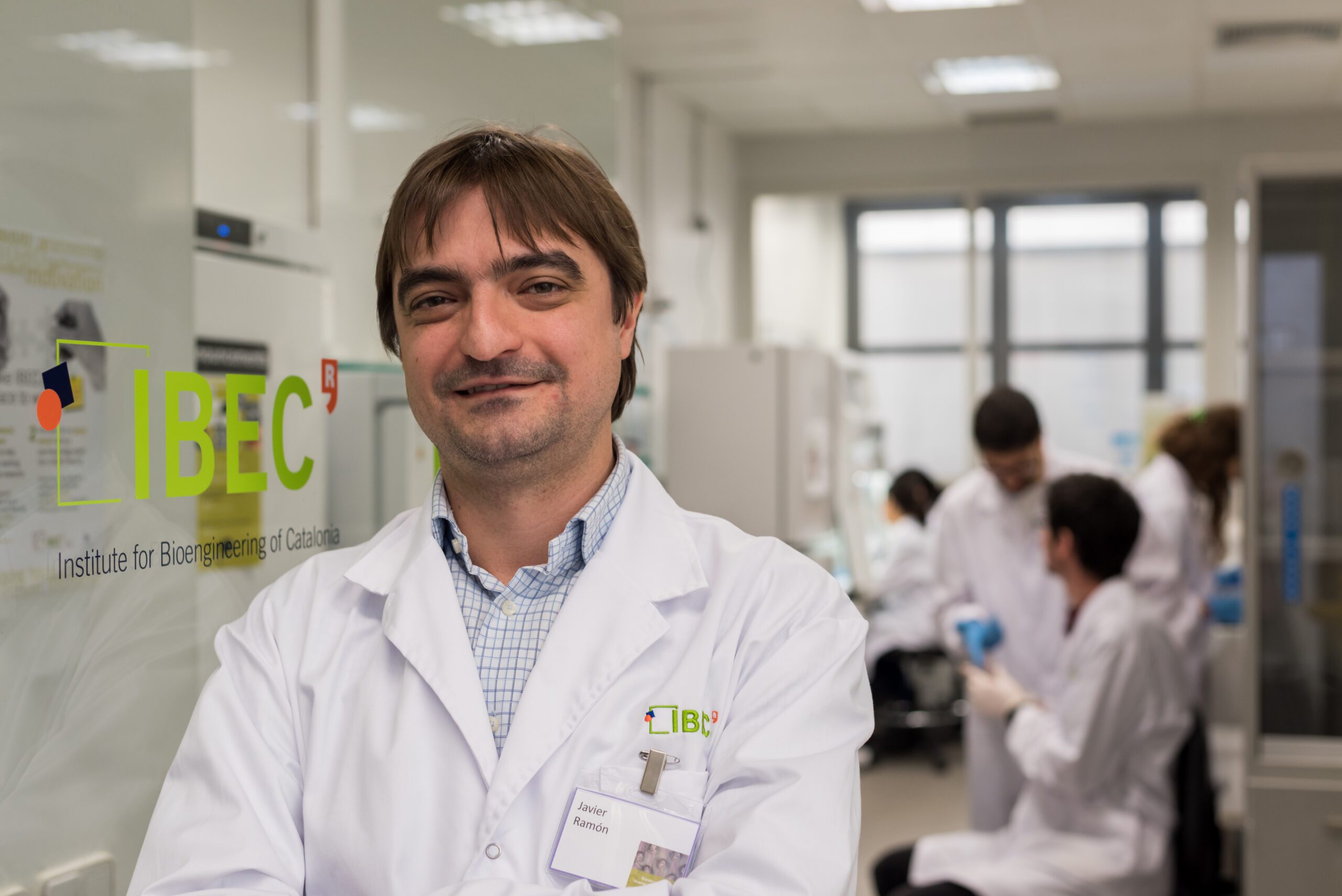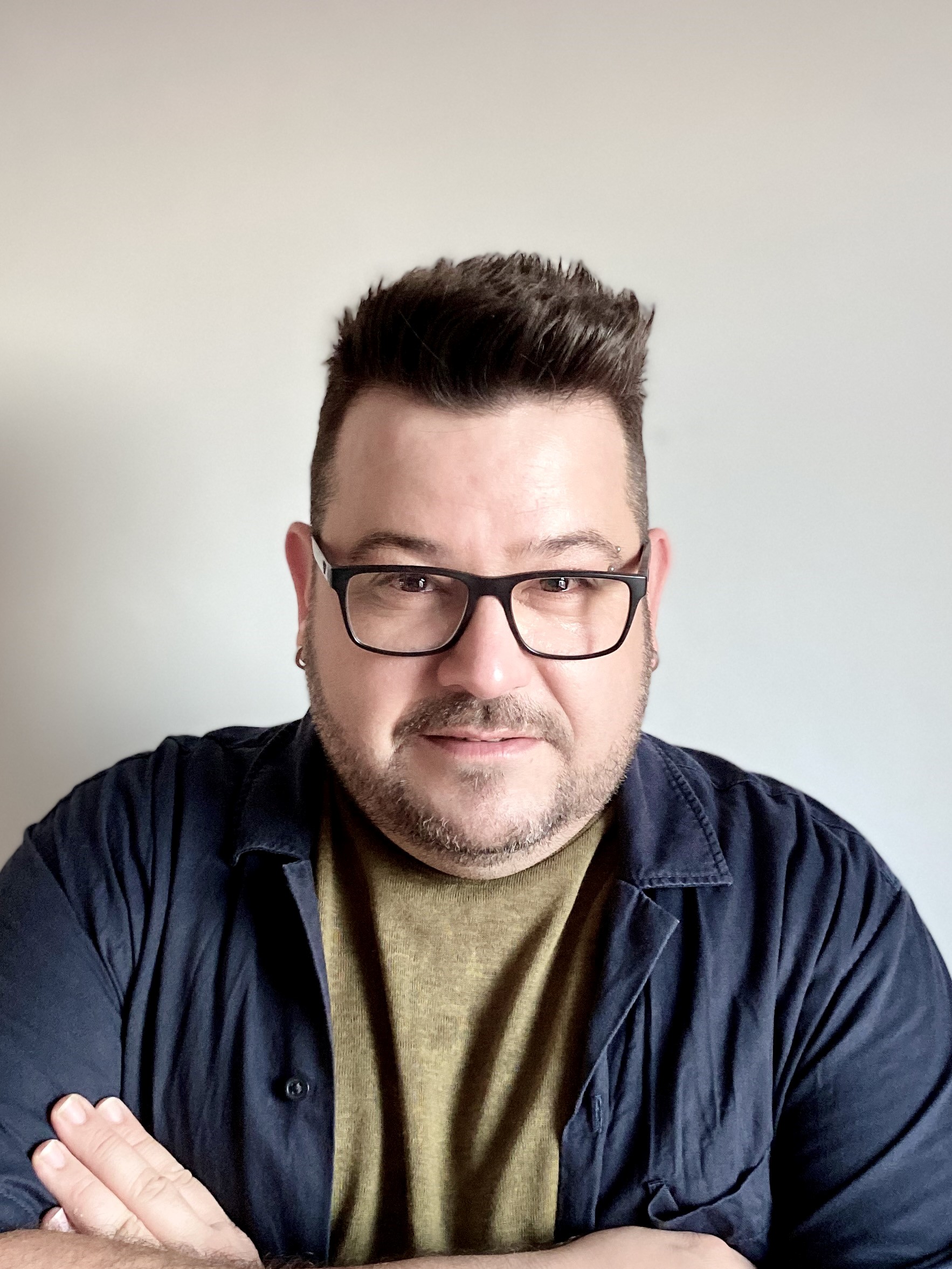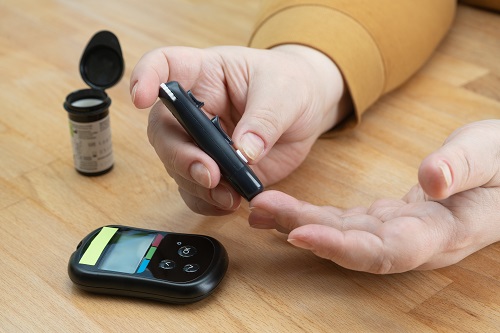Organ-on-Chips to reduce animal testing
IBEC is one of the partners in the ambitious European project UNLOOC, a public-private collaboration involving 51 organisations from 10 countries with a budget of €68 million. The consortium aims to develop Organ-on-Chips technologies to reduce the use of animals in drug development and testing, and to improve the accuracy and personalisation of medical treatments.

